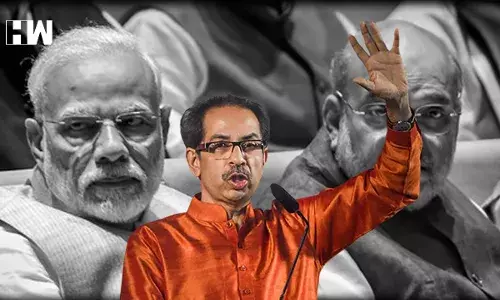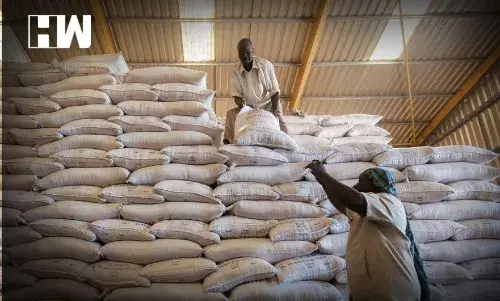A few days after his brother-in-law found himself targeted by the Enforcement Directorate, with the agency freezing ₹ 6.45 crore in his assets in a money laundering case, Maharashtra Chief Minister Uddhav Thackeray, in the legislative assembly today, went all guns blazing against the BJP.
“Family members are being harassed. It’s not like I am scared but if it is power you seek, if you want to jail me, do so,” he said in Maharashtra assembly.”If you want to come to power, then come to power. But don’t do all these vicious things to come to power. Don’t harass our or anyone else’s family members. We never bothered your family members,” he said in the assembly.
“It is not that we are saying that your families have done something wrong or that they have something that we can trouble you about. If you want to put us in jail to come to power, put me in jail,” he said.
CM Thackeray said his family & Shiv Sainiks should not be targeted. “I was with the BJP that time, but they did not see any issue then. Now they are making allegations after allegations,” he added.
The Maharashtra CM also said that there is undeclared emergency in India.
“Indira Gandhi imposed emergency by declaring it. Now, there is undeclared emergency. Power has been misused rather than helping out people.”
As an independent media platform, we do not take advertisements from governments and corporate houses. It is you, our readers, who have supported us on our journey to do honest and unbiased journalism. Please contribute, so that we can continue to do the same in future.


